7 Things to Know about Establishing a HACCP Manufacturing Facility in Thailand
7 Things to Know about Establishing a HACCP Manufacturing Facility in Thailand
The HACCP system stands for Hazard Analysis and Critical Control Point System. Food production employs this system to ensure the quality of food products to end consumers. Also, HACCP helps guarantee the credibility of the product, which comes from the quality production process. Essentially, it determines that the food is safe for consumers. Moreover, this recognition is also a certified standard recognized globally.
Therefore, if you are in the business of manufacturing food and food-related products, you should obtain the HACCP certification, which will help consumers become more confident in your products. This article administers some necessary information on HACCP standards for food factories. There are seven essential points that you should know about the HACCP food standard.
1. HACCP used in food factories
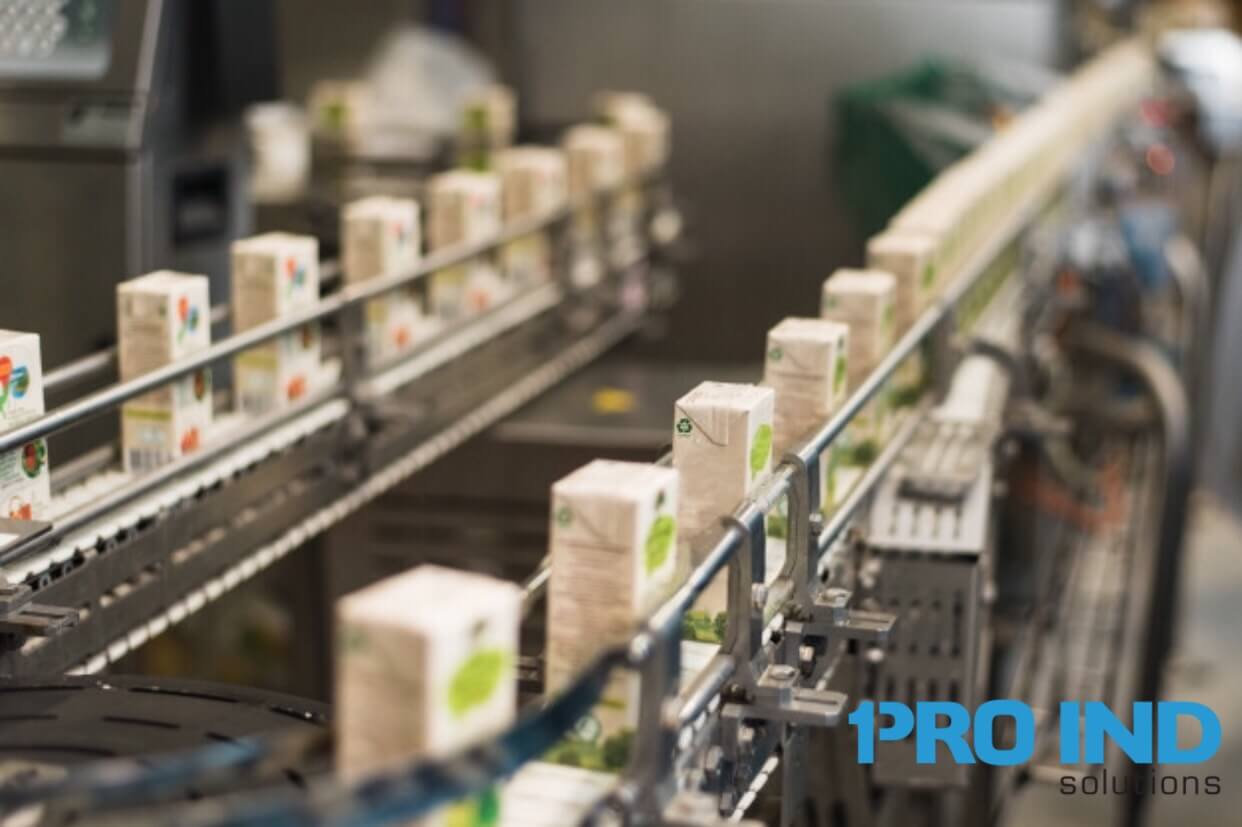
HACCP is a production control standard for food manufacturing plants. This global benchmark covers all food products, whether your products are foodstuffs, frozen foods, ready-made meals, snacks, or dietary supplement products. This standard ensures the cleanliness and suitability of your entire production materials-biological, chemical and physical. It also provides that your food is free from food contamination and harmful elements, which may cause harm to consumers. Aside from the food factories, other food-related industries also adopt this system to confirms that their products (i.e., food processing machines and equipment) are satisfactory for food production.
2. HACCP system prevents 3 types of hazards
The HACCP system prevents 3 types of hazards, including
● Biological hazards that originate from microbial organisms-fungi, bacterias, and viruses. These hazards can cause illnesses and infections.
● Chemical hazards come from chemicals. We typically find these contaminated chemicals from the chemicals used in farming and the raw materials. Pesticides, growth accelerators, preservatives, cleaning agents, and spilled chemicals from machinery are examples of these chemicals in food. This chemical hazards may cause severe harmful reactions to the human body and deteriorate vital systems- the digestive system, respiratory systems, and brain functions.
● Physical hazards, caused by maligned, unwanted objects such as glass fragments, wood chips, and metal shards. This group may cause harm to the internal organs. For example, these contaminants can cause internal bleeding, internal wounds, and contaminations to organs.
3. HACCP employs a distinct benchmark.
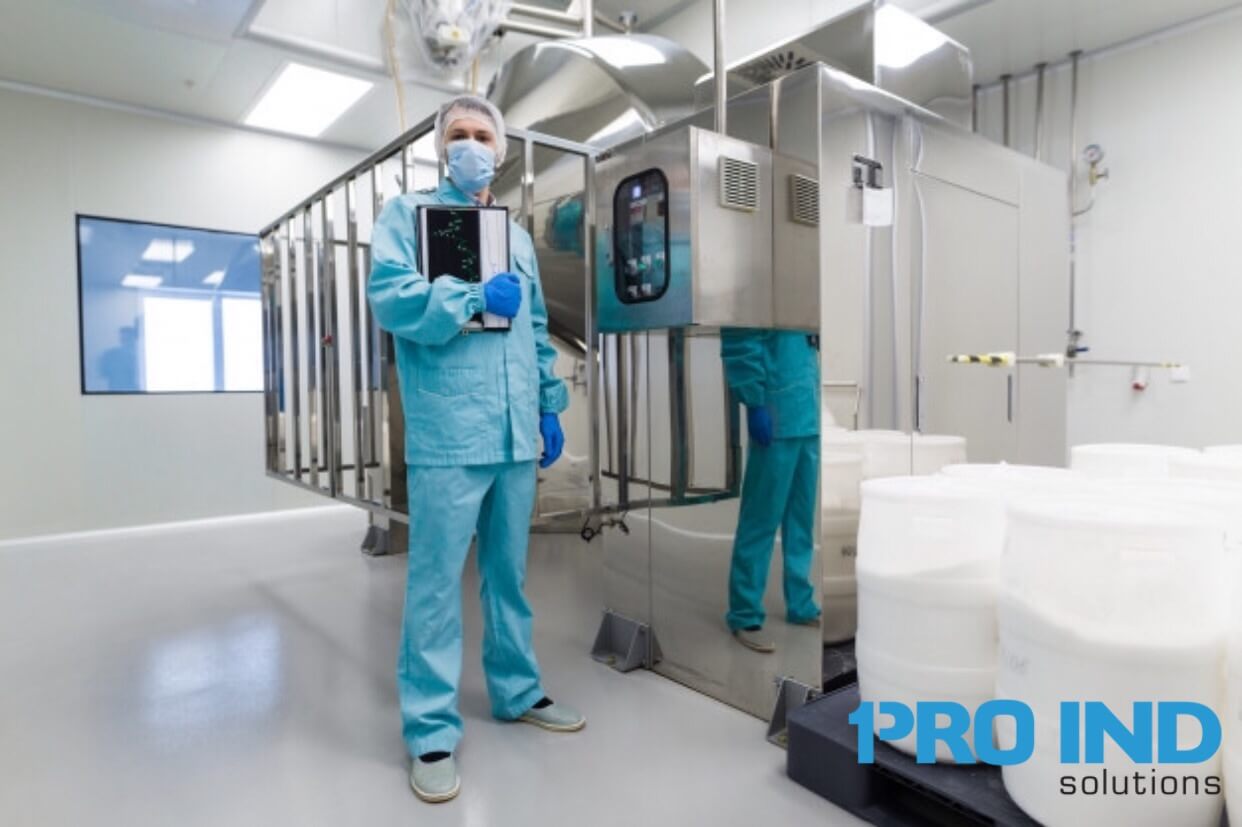
The HACCP standard has an exact guideline, which outlines the necessary steps In order to prevent harmful dangers.
1. Hazard analysis: The first step in the HACCP system is to analyze the possible hazards that may occur during the various stages of production. This crucial step would identify the potential harms that may arise from your output and utilize prevention mechanisms to deter these dangers from happening.
2. Find the CCP points in your operation: The second step in the process determines the critical control points (CCPs) in your activities by the experts. Within your actions, the expert specialists would identify CCP areas, which are subjected to possible harms, and they will eliminate the causes of these dangers. The experts, who can determine these CCPs, would need to process extensive understandings and experiences of your fields.
3. Set critical values: Once you know where CCP points are in your operation, you must ensure that the CCPs are within your control. The experts would set controls for the factors to ensure your manufacturing process complies with the acceptable standard. The specialists may postulate one or many critical values (CL) in the CCP points. These CL values help ensure that your manufacturing process does not deviate from the acceptable standard. Only specialists with many years of filed experiences can set these Cl values. These values come from various tests and scientific researches, and they have to comply with stringent food standards and regulations.
4. Utilize a systematic process to control critical points. You have to scrutinize these essential areas to ensure your work operations are consistent with the expected standard.
5. Employ corrective measures: When you identify that specific critical points (CL) are not under control or deviate from the acceptable requirements, you have to resolve these problems by using appropriate corrective measures. For example, you may inform relevant superiors for proper remedial measures when the problem occurs in the production process. Or you may have to destroy the products when your products do not reach the required standard.
6. Validate the effectiveness of your HACCP standard: This step ensures that your HACCP standard is sufficient. This step involves issues of follow-up tests to validate whether your operation complies with the HACCP standard.
7. Manage relevant documents: You must store and file your HACCP documents appropriately. You have to be able to produce related documents to ensure that your operation and factory adhered to the HACCP standard.
4. HACCP in association with other quality-assurance standards
HACCP helps protect against potential hazards in the food industry. You can adopt the HCAAP standard along with other recognized food standards. For example, you may use the HCAAP along with GMP food standards as well as the Halal manufacturing process.
5. HACCP enhances shelf life
Because the HACCP process helps decimates the microbes responsible for food deterioration, your food products can enjoy longer shelf lives. Less respiration of food and longer cooking time are HCAAP factors that prolong your products’ shelf lives. They help control certain microbes, which affects the reactions within the food. Its processes indirectly make the food produced to last longer.
6. Which industries should use the HACCP standard?
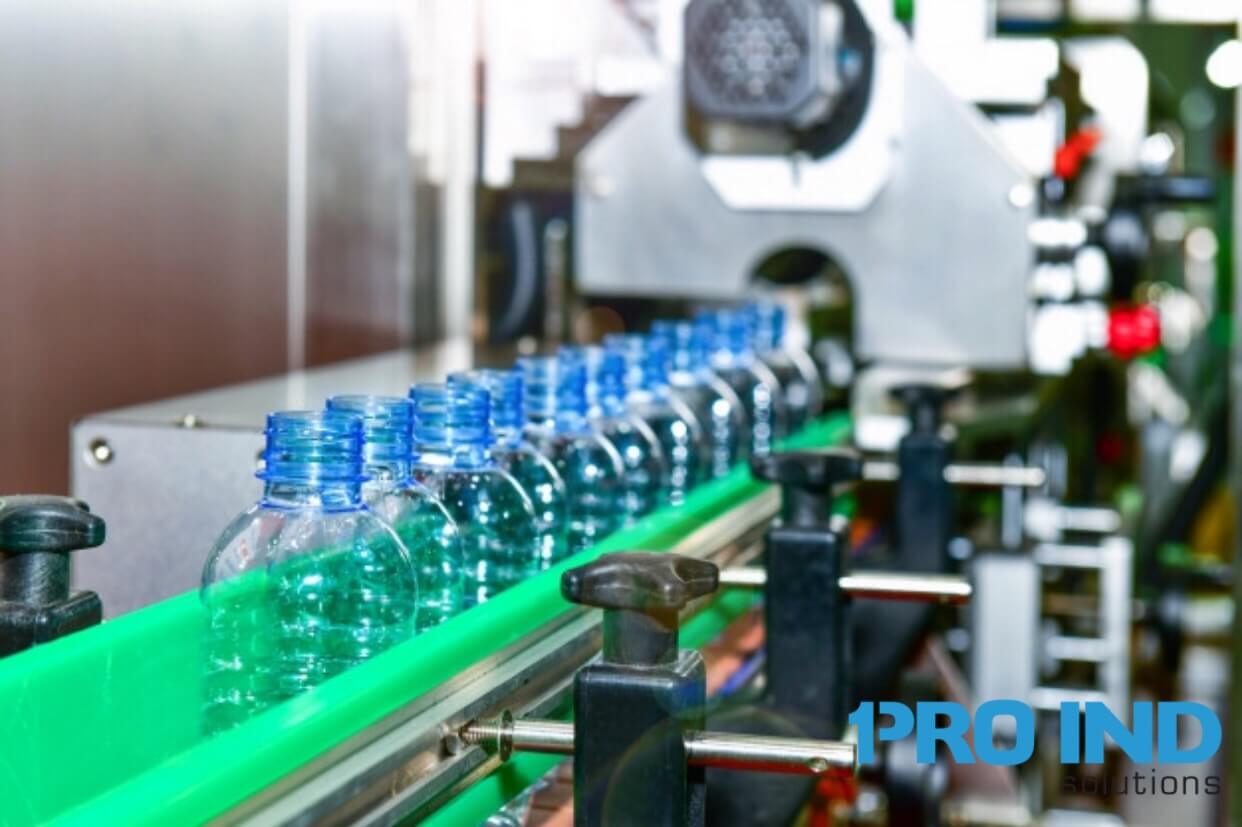
All food-related industries, including conventional food factories, ready-made meal factories, frozen food, food supplements, and food-related equipment suppliers, should follow the HCAAP standard. Cosmetic factories can also adopt this HACCP standard, but this article would limit its scope on the food industry.
7. Benefits of a HACCP Factory
1. This standard helps increase the confidence of consumers. This well-recognized benchmark helps consumers ascertain that your products are free from germs, chemicals, and other harmful substances, and have undergone appropriate manufacturing processes. Customers can consume your products with confidence.
2. This standard elevates your manufacturing processes and continuously monitors the reliability of your operations.
3. You can save on damage costs from its standardized procedures.
4. This standard can indirectly help increase your revenue. The HCAAP attracts a larger pool of customers because when your products are in a different market or have yet been recognized, the buyers can quickly identify with this global standard, and confidently buy your products.
5. This universal recognition helps increase business opportunities- you can export your products to foreign markets.
7. HCAAP provides an essential pathway for other recognitions, especially ISO 9000. The HCAAP helps prepare your operations for additional quality control measurements.
In summary, the HACCP standard is hugely beneficial to food manufacturers. This standard allows food factories to produce quality and harmless food consistently. It also helps establish long-term consumer confidence and affects your product branding positively. This recognition creates a sustainable sales income for your products and increases the awareness of your products when you export your products.
If you are interested in renting a high-quality factory or warehouses in Thailand, please feel free to contact us anytime. Our properties have complete functions, and they are in excellent locations. Plus, we support our customers with free repair services throughout the leases as well as a full range of customer support services. Our projects have high-security systems with 24-hour security guards, and CCTVs.
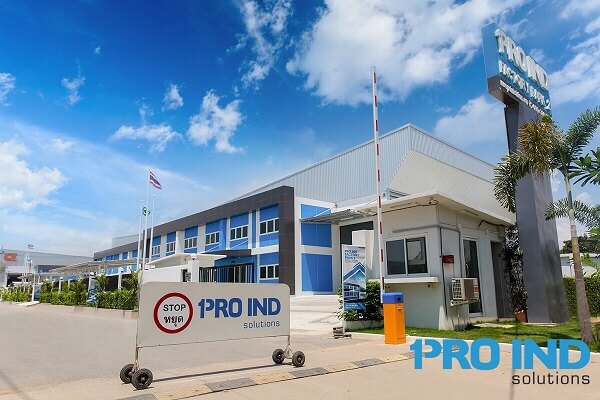
Sources:
https://www.chi.co.th/article/article-1214/
http://oknation.nationtv.tv/blog/kritwat/2011/11/25/entry-2
You might also like.
- 8 Things to Know About the Revised Thailand Factory Act The new Factory Act came into effect on October 27th, 2019. The government encouraged investment in the industrial sector...
- There are 8 Convincing Advantages of Renting a Factory or a Warehouse. When entrepreneurs establish their businesses or expand their operations, choosing the appropriate factory o...
- 8 Things to Consider in a Factory and Warehouse Rental Contract in Thailand Factory rental and Warehouse rental have become a prominent choice for business people today. Because of...
- Five innovations that PRO IND factories and warehouses for rent use for heat prevention. Global warming is getting worse every year, and Thailand is greatly affected. It has advers...
- There are 5 essential reasons why we should focus on heat prevention inside the factory and warehouse. The hot weather in Thailand does not seem to lessen. From statistics, the te...
- Five reasons examine why the Samut Prakan province did not flood when Thailand's Big Flood in 2011 occurred. When there was a big flood in 2011, Samut Prakan Province was virtual...
- 5 reasons why renting a factory or a warehouse in the Bangna-Trat area is an excellent idea for conducting your business in Thailand. Many people may wonder why they should rent fa...
- 4 Taxes Related to Factory Rentals and Warehouse Rental Currently, many entrepreneurs and business people are renting factories and warehouses for their business operations because...
- 6 Advantages of Setting up your Factory and Warehouse in Samut Prakan When deciding on the area to base your factory or warehouse, surely, Samut Prakarn would come up as one of the...
- 6 Factors in Choosing an Ideal Rental Factory or Warehouse for Your Business. We present six vital factors in determining the right factory or warehouse for your business. Picking ...
- 6 Things to Know about Establishing a GMP Food Factory in Thailand There are strict rules and standards imposed by the government and relevant authorities to adhere to the quality ...
- The Difference between 3-Phase Factory Electricity and 1-Phase Ordinary Electricity What is the difference between 3-phase and 1-phase electrical systems? Which model is suitable f...
- 5 Things you should Know Before Renting your First Warehouse. As your business prospers, you need substantial space to store your products and raw materials. Selecting your first w...
- 10 Features of Excellent Rental Factory and Warehouse Layouts Factory and warehouse layouts are critical to entrepreneurs and business owners' successes in their production. Rentin...
- 6 Advantages of uPVC Windows and Doors for Factory and Warehouse Many customers, who have visited our factory-and-warehouse-rental projects, are delighted with the quality of our d...
- 5 Typical Scams in Factory and Warehouse Rentals Recently, entrepreneurs and business owners are preferring to rent factories and warehouses rather than owning these properties the...
- 3 Benefits of Epoxy Floor Coatings for Factory and Warehouse. Epoxy floor coating is a synthetic rubber that is produced by the chemical reaction between Epoxy and Polyamine combin...
- 10 Effective Ways to Prevent Factory and Warehouse Fires The warehouse and factory buildings are essential to all types of operating businesses. Frequently, they are the businesses...
- 5 Practical Ways to Save Energy in your Rental Factory and Warehouse Modernized factories and warehouses nowadays are undergoing a drastic change: many factories and warehouses are...
- 7 Insights on Lean Management to Reduce Costs and Increase Profit for Factory Operators The lean system (LEAN) is an ideal practice for factory operations. It helps decrease avoida...
- 4 Advantages of PU Roofs for Rental Factory and Warehouse PU Foam insulation is an excellent material for omitting heat transfer into our rental factory and warehouse areas. It com...
- Key Points on Thailand's BOI: Clear Implications for Factory and Warehouse Operators Board of Investment of Thailand (BOI) has the core responsibility in promoting foreign direct i...
- 7 Benefits of Aluminum Composite, and Because of these Reasons, We use it for our Rental Warehouses and Factories. Presently, in the construction materials sector, we frequently no...
- 8 Significant Expenses Related to a Factory and Warehouse Rental in Thailand Renting a factory or a warehouse when you establish your company in a new country is a vital step in yo...
- 8 Questions to Ask When Choosing Warehouse for Rent in Thailand Selecting a suitable warehouse rental is imperative to business success. The current business landscape demands stra...
- Thailand’s Various Rental Warehouse Types and their Purposes This article would distinguish the various warehouse for rent types in Thailand. We can identify a warehouse facility a...
- 4 Safety Dimensions for Factory and Warehouse Operations In successful industrial enterprises, there are many factors that entrepreneurs and plant operators need to consider. Safet...
- Warehouse Management Techniques. How to Practice Warehousing Activities Efficiently for your Business? In manufacturing businesses, warehousing creates substantial financial impact...
- 5 Factors to Consider when Renting a Factory or Warehouse in Thailand Selecting a high-quality rental warehouse or factory is a fundamental step in a successful business establishm...
- 4 Necessary Steps for your Factory and Warehouse Relocation Factory and warehouse rentals have become the current viable choice for business operators because this choice offers ma...
- 5 Things to know about Thailand’s Cold StorageWarehouse for Rent A cold storage warehouse is a warehouse that controls the temperature in the storage area, and the appropriate temp...
- 5 Negotiation Tips for Thailand’s Factory and Warehouse Rental Contracts Selecting a factory and warehouse for rent is an integral part of your business success. In Thailand, succe...
- What are the Similarities and Differences Between the GMP and HACCP Standards in a Factory in Thailand? Two crucial, global standards for food manufacturers are the GMP and HACCP s...
- 6 Highlights on Thailand’s Factory Clean Rooms Cleanrooms are an essential part of manufacturing sites, which demands high levels of cleanliness. The cleanrooms enable your product...
- 4 Insights on Thailand’s Bonded Warehouse Currently, rental bonded warehouses in Thailand have gained much popularity among business people. Bonded warehouses are especially useful...
- 3 steps to rent a factory and warehouse in Thailand and everything you should know to help you prepare when looking for factories for rent and warehouses for rent. Nowadays, factor...
- 7 crucial factors in choosing a factory and warehouse location in Thailand 7 crucial factors in selecting a rentalwarehouseor factory location in Thailand. This article is relevant...
- 5 things you need to know when choosing a factory for rent and a warehouse for rent in Thailand Quality factories or warehouses for rent can boost the tenant's company image and cr...
- 7 Advantages of Renting Warehouses in Pro Ind Warehouse Park 4 Project Renting a warehouse is a crucial step in managing business inventory, whether for small or large businesses....
- 8 Special Services When Renting a Factory, or Warehouse with Pro Ind Solutions Co., Ltd. At Pro Ind Solutions Co., Ltd., we prioritize the quality of our rental factories, and our ...
- 6 Advantages of Renting an Elevated Warehouse for Rent Choosing an efficient warehouse for rent is a crucial factor that significantly impacts the success of business operations to...


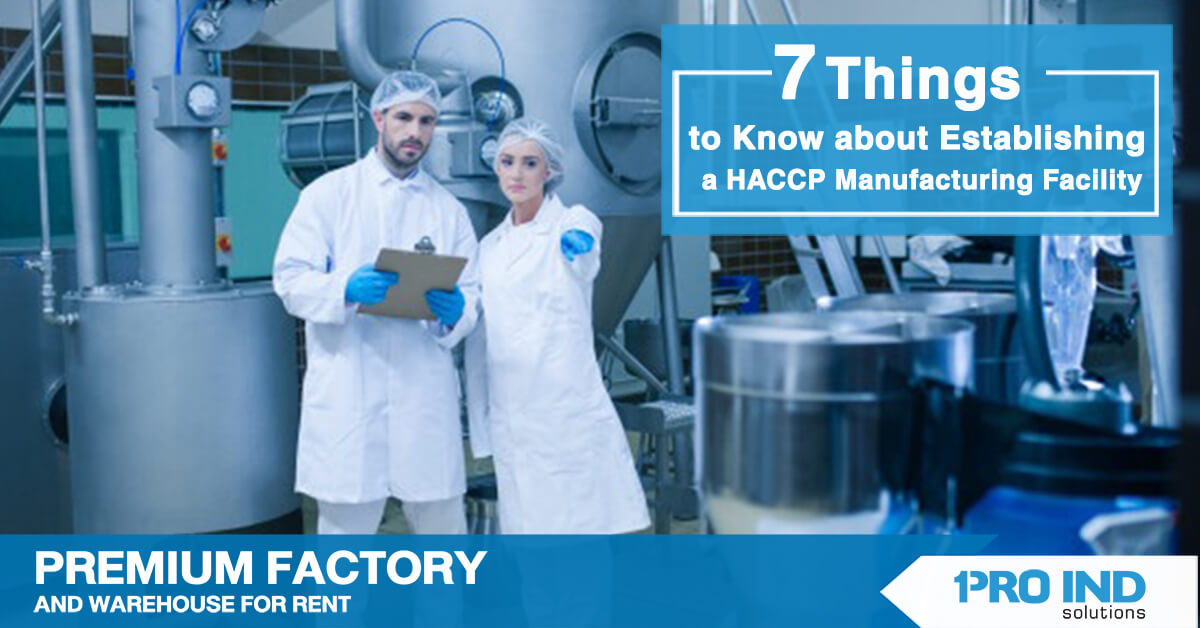
.png)
.png)

